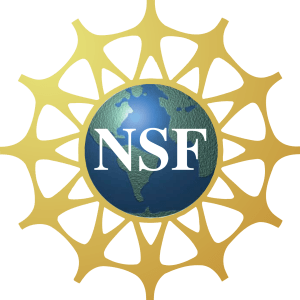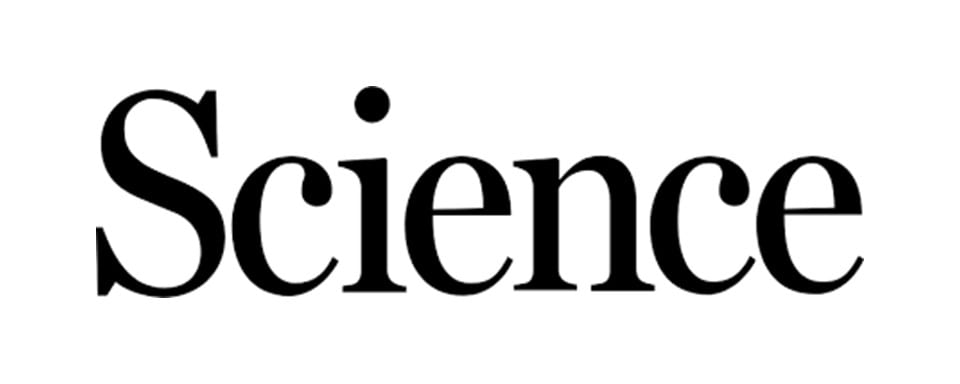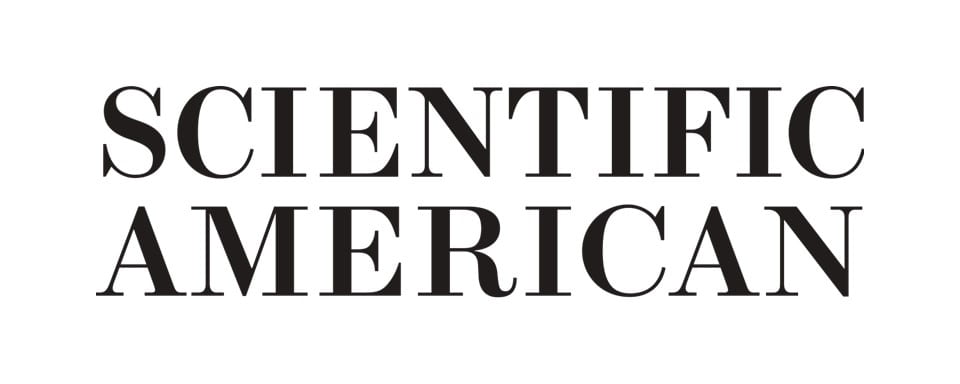Help us understand the minds and brains of our best friends!
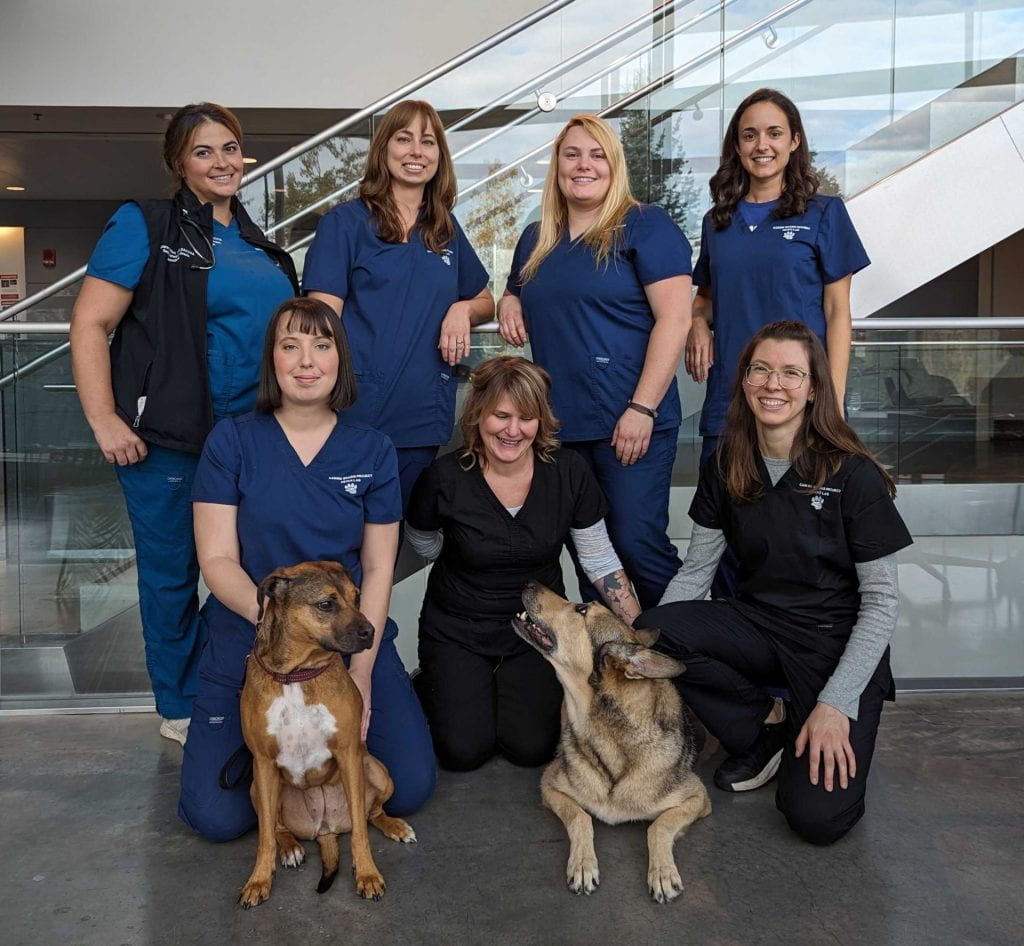
Our Research
Dogs show an extraordinary diversity of body sizes, snout lengths, ear types, and coat types. But is this variation only skin deep? Our research seeks to quantify neural, temperamental, and behavioral variation across dogs and other canids. We want to understand how and why canine minds and brains work the way they do. More…
Our Team
We are an interdisciplinary group of canine professionals including scientists, veterinary practitioners, students, trainers, and handlers. More…
Come visit!
Are you considering visiting Harvard with your pup to contribute to canine science? Watch our introductory video for a sneak peak at our lab.
Travel costs to Boston may be provided for dogs who qualify.
Featured in
Calling all dogs!
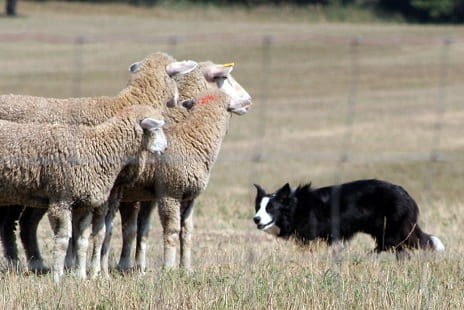
Working dogs
What makes border collies good at herding, while Labradors are good at scent detection? Our Working Dog Breeds Study examines this question! We are also enrolling nonworking dogs from working lines.
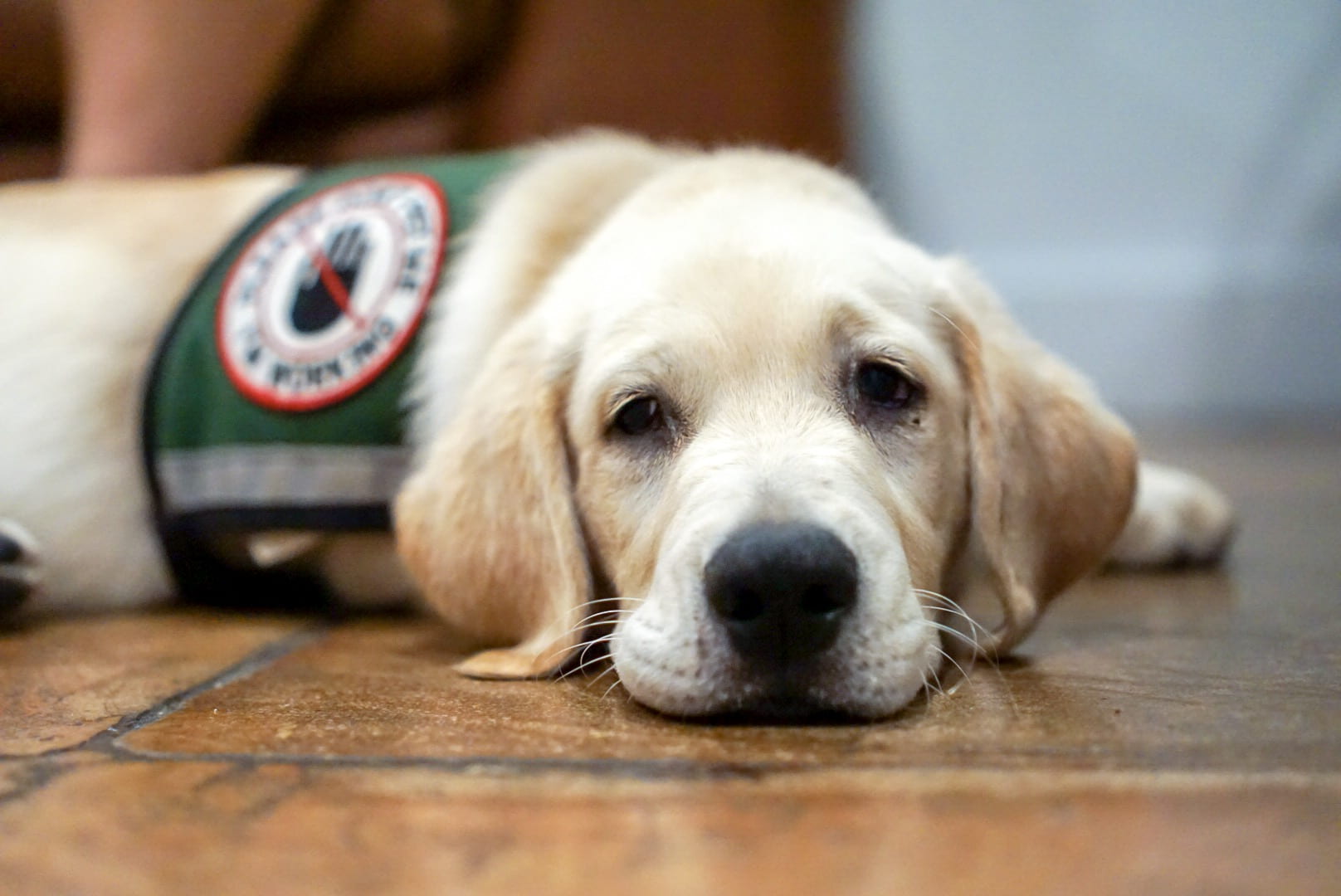
Service dogs
Through collaboration with service dog organizations, we are tracing the results of successful service training in dogs’ brains. Interested organizations can email us directly at hechtlab@fas.harvard.edu.
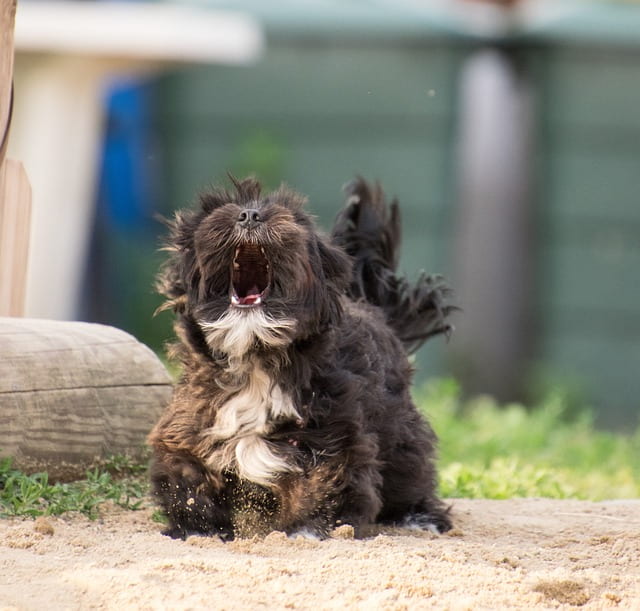
Reactive dogs
In our Life Experiences Study, we are working toward a better understanding of the biological mechanisms of canine reactivity, fear, and aggression. Dogs without behavior challenges are also needed for this study.
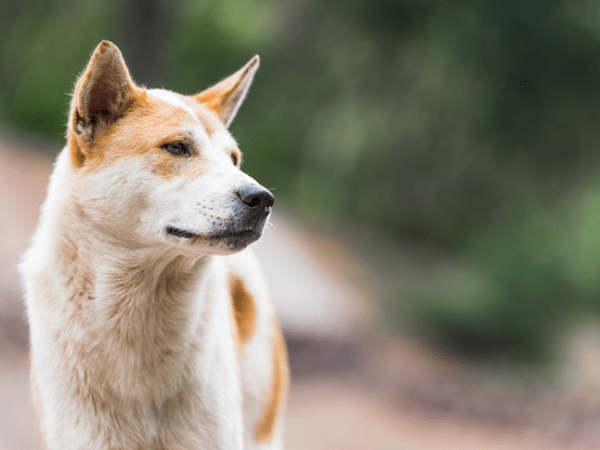
Pre-modern dogs
These fascinating canids provide an important window on the canine brain. Click here to learn more.
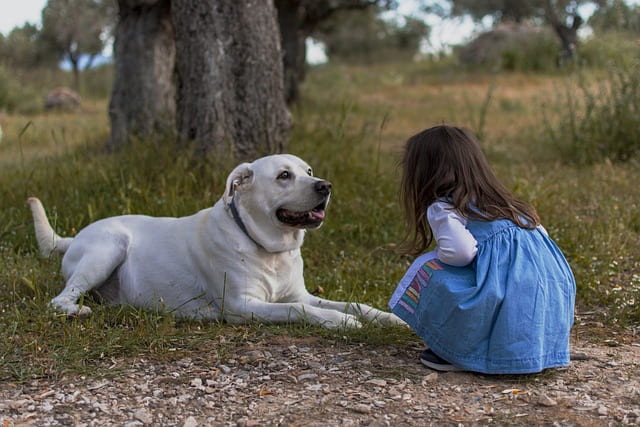
Kids and dogs
Your furry family member can help us track development of bond formation in the Dog-Child Bonding Study! This study examines the biology of the human-animal bond in both dogs and children.
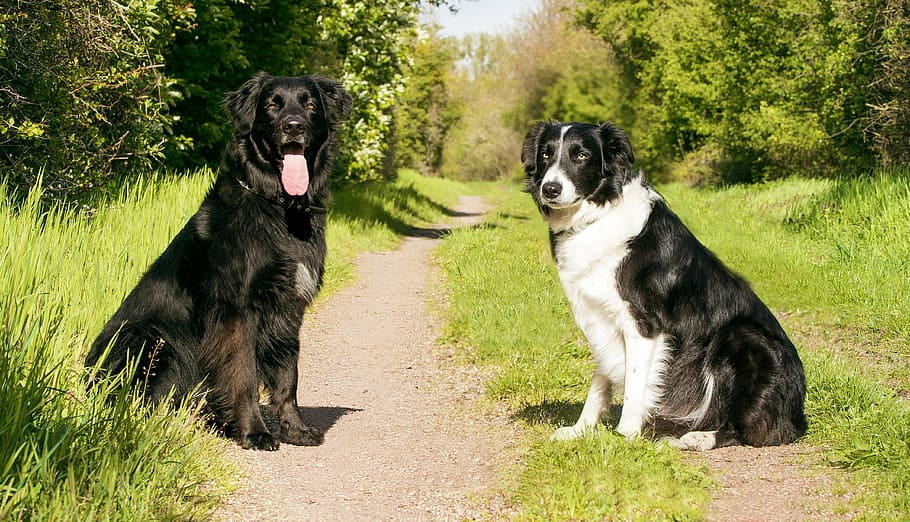
Companion dogs
Pet dogs can contribute important data for our Working Dog Breeds Study and our Life Experiences Study at the same time! Target breeds include Labrador retrievers, border collies, German Shepherds, and more.
Funded by the National Science Foundation
